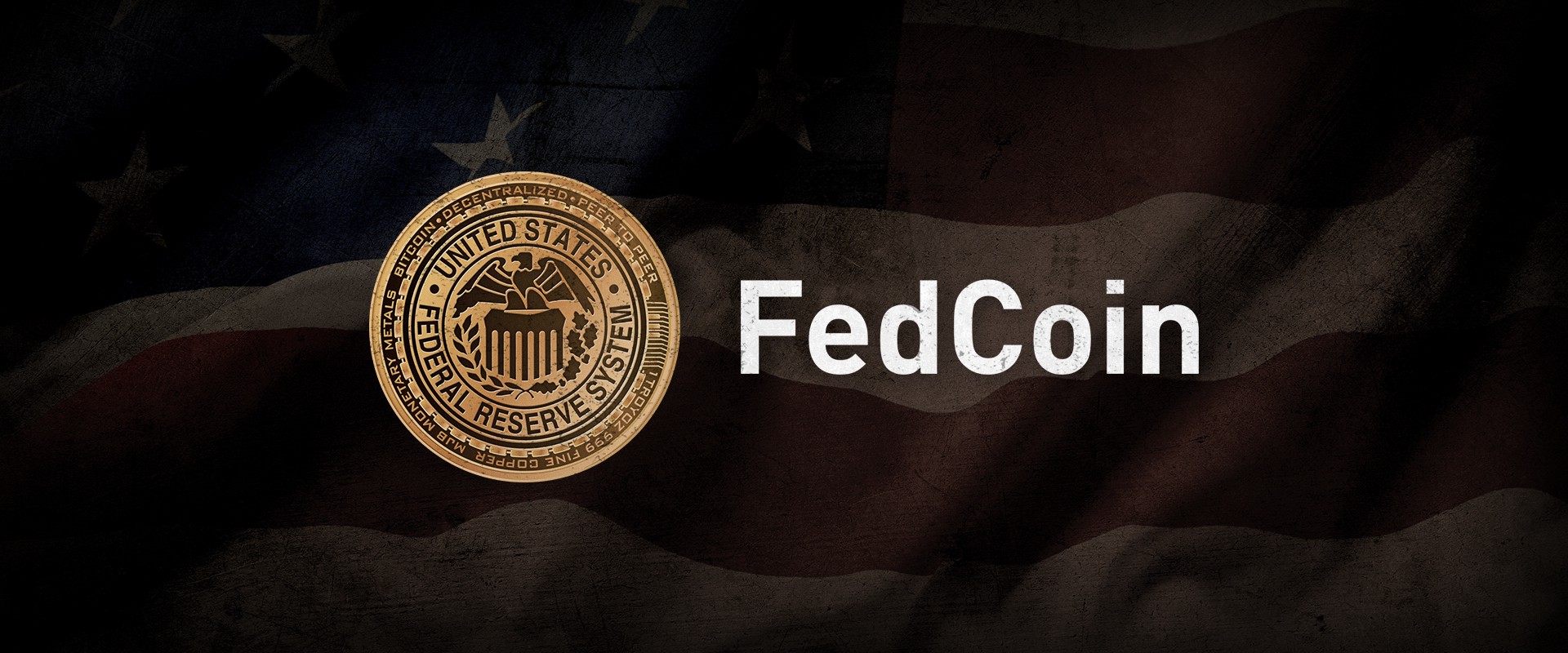PALO ALTO, Calif. (Reuters) - The Federal Reserve is taking a look at a broad variety of issues around digital payments and currencies, consisting of policy, style and legal considerations around potentially releasing its own digital currency, Governor Lael Brainard stated on Wednesday. Brainard's remarks recommend more openness to the possibility of a Fed-issued digital coin than in the past." By transforming payments, digitalization has the potential to deliver greater value and benefit at lower cost," Brainard said at a conference on payments at the Stanford Graduate School of Organization.
Reserve banks globally are debating how to manage digital financing innovation and the dispersed ledger systems utilized by bitcoin, which assures near-instantaneous payment at potentially low expense. The Fed is establishing its own round-the-clock real-time payments and settlement service and is presently reviewing 200 remark letters submitted late last year about the proposed service's design and scope, Brainard stated.
Less than two years ago Brainard informed a conference in San Francisco that there is "no compelling showed requirement" for such a coin. However that was prior to the scope of Facebook's digital currency aspirations were extensively known. Fed authorities, including Brainard, have actually raised concerns about consumer securities and data and privacy risks that could be presented by a currency that could enter use by the third of the world's population that have Facebook accounts.
" We are teaming up with other reserve banks Go to the website as we advance our understanding of main bank digital currencies," she said. With more nations looking into issuing their own digital currencies, Brainard said, that contributes to "a set of factors to also be making sure that we are that frontier of both research study and policy advancement." In the United States, Brainard stated, concerns that require research study consist of whether a digital currency would make the payments system much safer or simpler, and whether it could pose monetary stability threats, consisting of the possibility of bank runs if money can be turned "with a single swipe" into the central bank's digital currency.
To counter the monetary damage from America's unmatched nationwide lockdown, the Federal Reserve has actually taken unmatched steps, consisting of flooding the economy with dollars and investing directly in the economy. The majority of these relocations received grudging approval even from numerous Fed skeptics, as they saw this stimulus as needed and something only the Fed could do.
My new CEI report, "Government-Run digital fed coin Payment Systems Are Unsafe at Any Speed: The Visit this page Case Versus Fedcoin and FedNow," information the threats of the Fed's current prepare for its FedNow real-time payment system, and propositions for main bank-issued cryptocurrency that have been called Fedcoin or the "digital dollar." In my report, I talk about issues about personal privacy, data security, currency manipulation, and crowding out private-sector competitors and innovation.
Advocates of FedNow and Fedcoin say the government must develop a system for payments to deposit quickly, instead of motivate such systems in the economic sector by raising regulatory barriers. However as kept in mind in the paper, the economic sector is supplying an apparently endless supply of payment technologies and digital currencies to fix the problemto the level it is a problemof the time space between when a payment is sent out and when it is gotten in a checking account.
And the examples of private-sector development in this location are many. The Clearing House, a bank-held cooperative that has actually Click here for info been routing interbank payments in numerous kinds for more than 150 years, has been clearing real-time payments given that 2017. By the end of 2018 it was covering half of the deposit base in the U.S.
